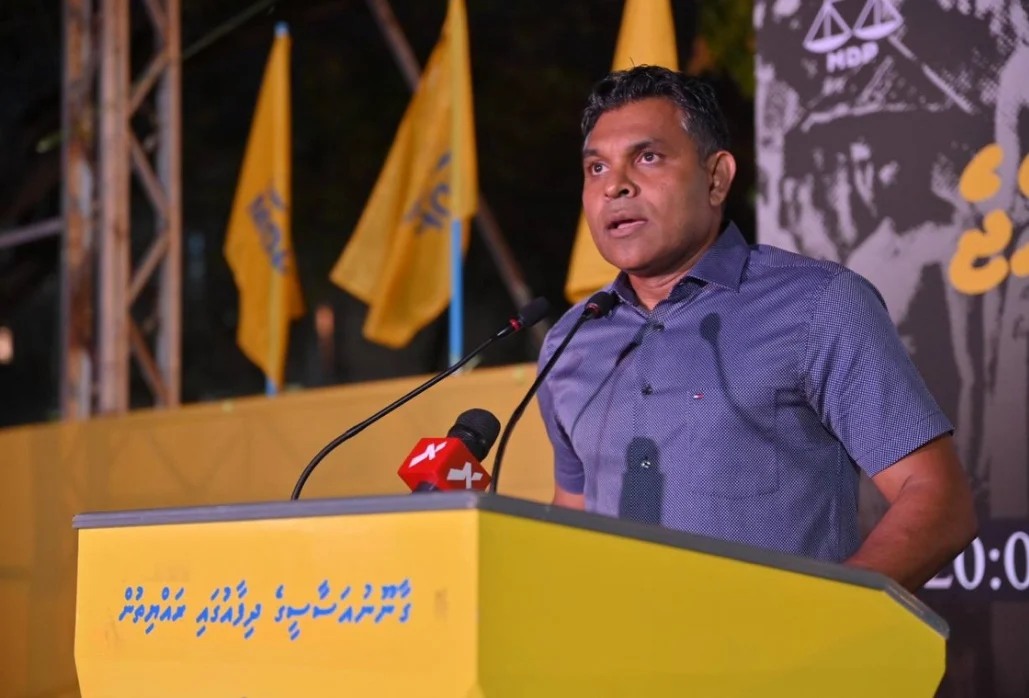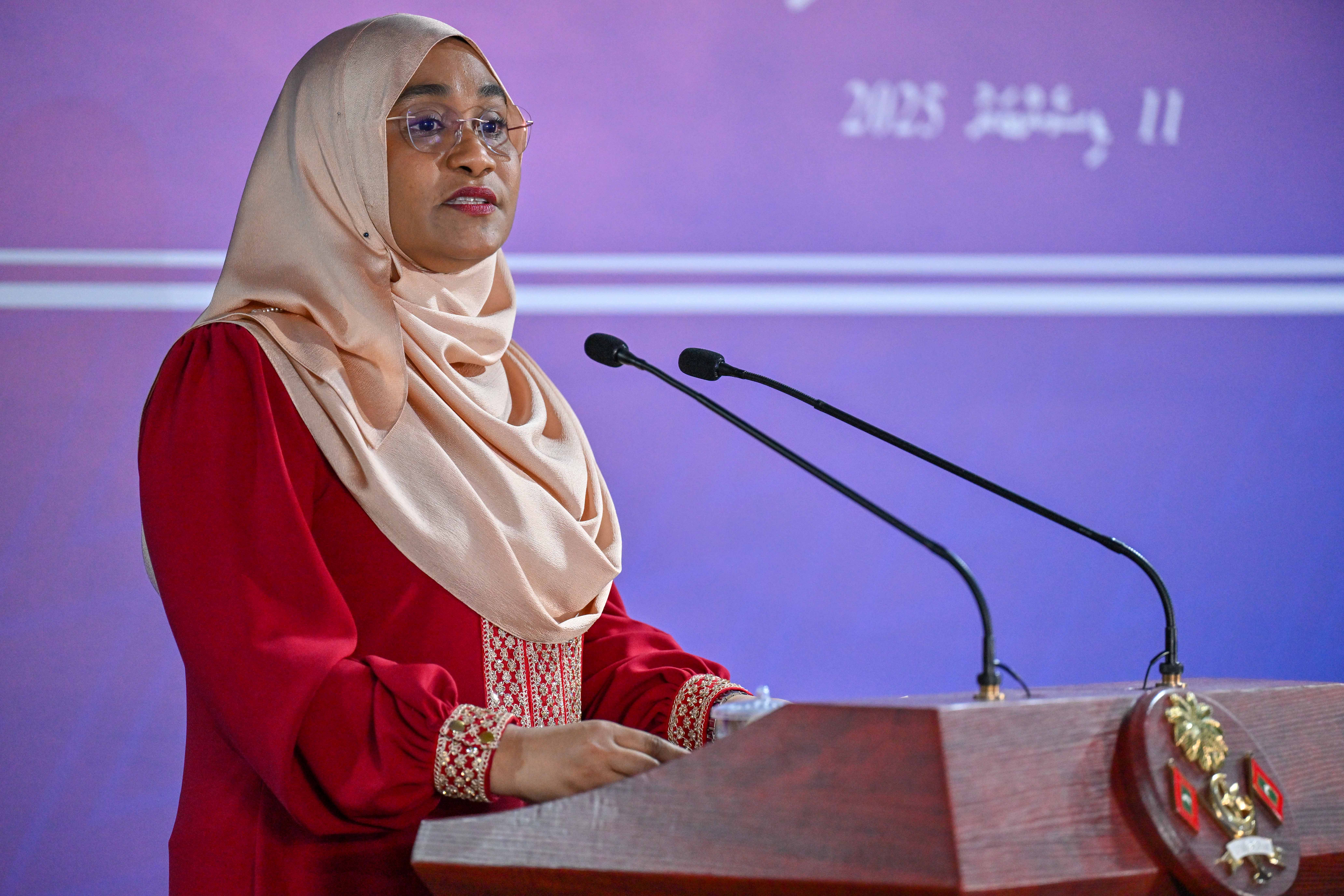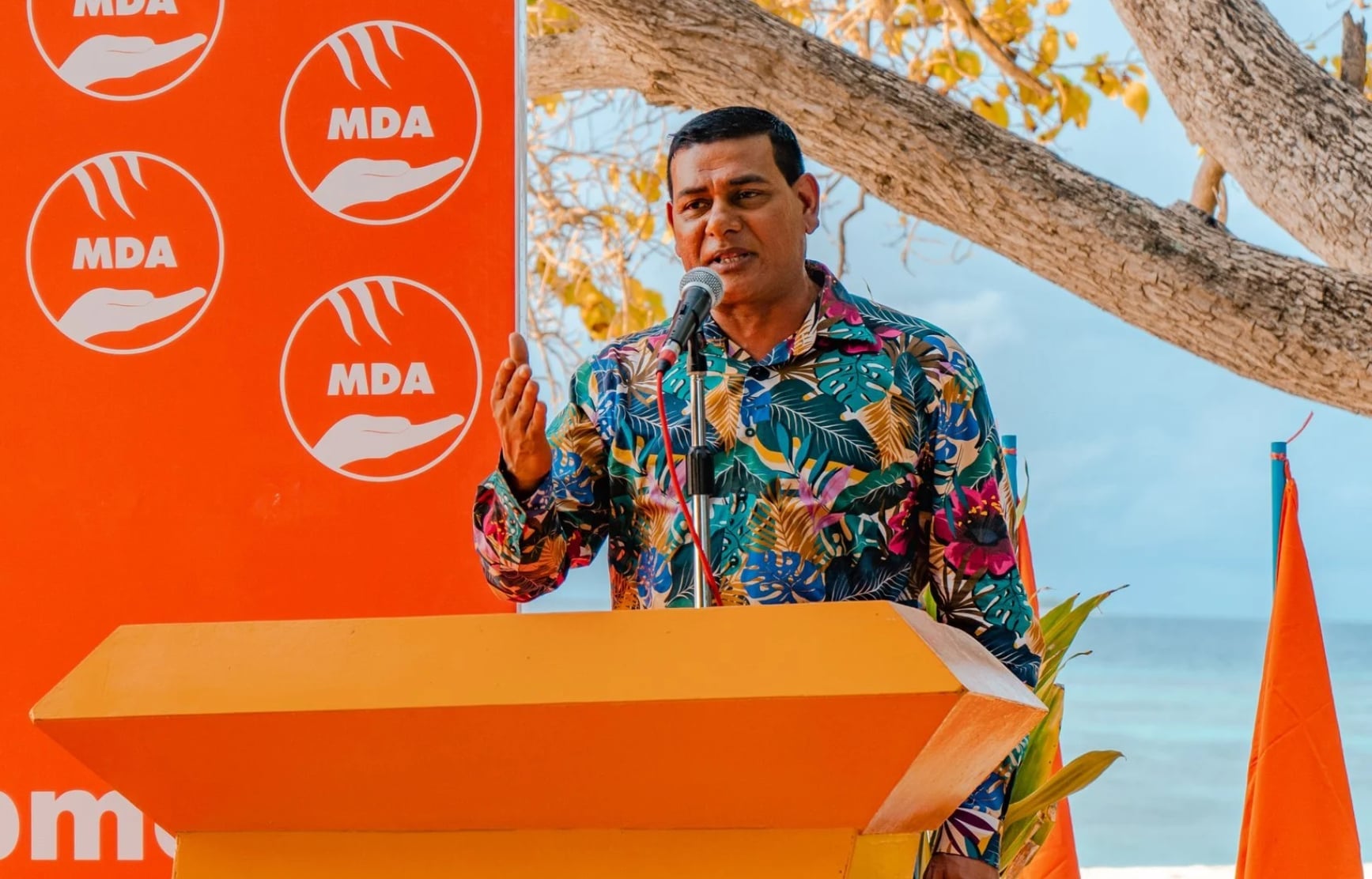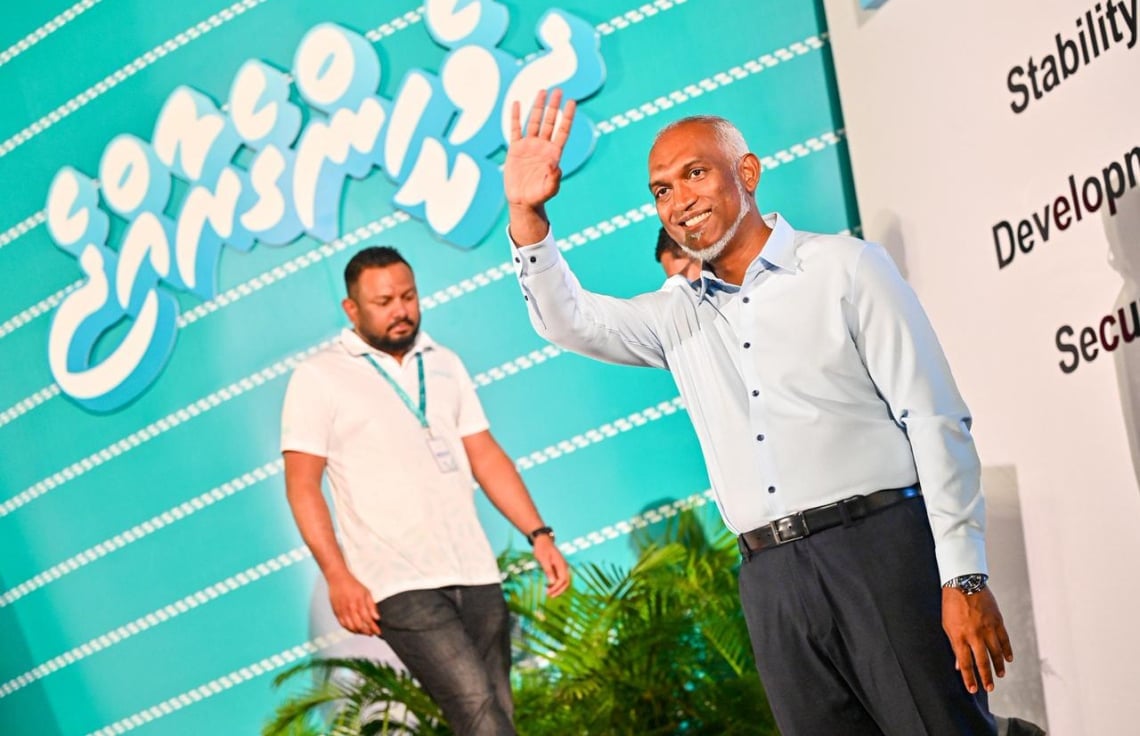India's Prime Minister Narendra Modi praised the country's achievements in the green growth and energy sectors during the opening session of the G-20 Energy Ministerial Meeting.
India intends to reach 50% installed non-fossil capacity by the year 2030, the Prime Minister stated in a video address at the G20 Energy Ministerial Meeting in Goa on Saturday.
“India is the most populated nation and the fastest-growing large economy in the world yet we are moving strongly on our climate commitments... We achieved our non-fossil, installed electric capacity target 9 years in advance. We have now set a higher target, we plan to achieve 50 per cent non-fossil installed capacity by 2030," PM Modi said.
He added that the G20 countries are expected by the entire world to drive a sustainable, equitable, cost-effective, inclusive, and clean energy transition and he pleaded with them to make sure that the Global South is not left behind.
“We must ensure low-cost finance for developing countries,” PM Modi said.
“We must find ways to bridge technology gaps, promote energy security, and work on diversifying supply chains. And, we must strengthen collaboration on the 'fuels for the future'."
India intends to reach 50% installed non-fossil capacity by the year 2030, the Prime Minister stated in a video address at the G20 Energy Ministerial Meeting in Goa on Saturday.
“India is the most populated nation and the fastest-growing large economy in the world yet we are moving strongly on our climate commitments... We achieved our non-fossil, installed electric capacity target 9 years in advance. We have now set a higher target, we plan to achieve 50 per cent non-fossil installed capacity by 2030," PM Modi said.
He added that the G20 countries are expected by the entire world to drive a sustainable, equitable, cost-effective, inclusive, and clean energy transition and he pleaded with them to make sure that the Global South is not left behind.
“We must ensure low-cost finance for developing countries,” PM Modi said.
“We must find ways to bridge technology gaps, promote energy security, and work on diversifying supply chains. And, we must strengthen collaboration on the 'fuels for the future'."


















